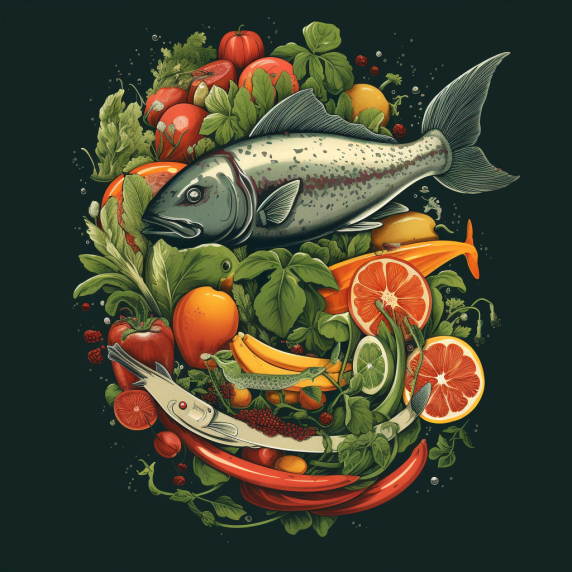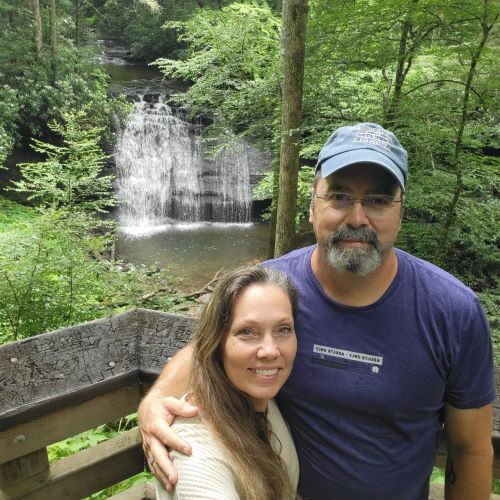Embracing Support: The Strength in Asking for Help After 50
Life has a way of presenting us with unexpected challenges as we age. Whether it’s dealing with health issues, adjusting to retirement, or navigating changes in our relationships, these obstacles can sometimes feel overwhelming. However, it’s important to remember that seeking help is not a sign of weakness, but rather an act of strength and self-care. As individuals aged 50 and older, we have a wealth of resources available to us, including friends, family, and professionals who can provide the support, guidance, or professional assistance we may need. In this article, we will explore the importance of asking for help and the various avenues of support that can enhance our quality of life.
Recognizing the Strength in Seeking Help
Asking for help is not always easy, especially when we have been independent and self-reliant for most of our lives. However, it is crucial to recognize that reaching out for support is a courageous act. It shows a willingness to acknowledge our limitations and prioritize our well-being. No one can navigate life’s challenges entirely alone, and by seeking assistance, we demonstrate resilience and the ability to adapt to new circumstances.
Friends and Family: A Pillar of Support
One of the most significant sources of support in our lives comes from our friends and family. These are the individuals who know us best, who have witnessed our journey, and who genuinely care about our well-being. Cultivating strong relationships and open lines of communication with loved ones is essential. They can provide a listening ear, offer advice, and help us maintain a sense of connection and belonging.
Initiating conversations with friends and family about the challenges we face is the first step in seeking their support. Be open and honest about your feelings, concerns, and needs. Remember that your loved ones want to help and may be waiting for you to reach out. Whether it’s a shoulder to lean on during difficult times or assistance with practical matters, their presence can make a significant difference in navigating the complexities of life.
Professional Guidance: Experts in Aging Well
Sometimes, the challenges we encounter may require professional assistance. Experts in aging, such as geriatric care managers, financial advisors, and healthcare professionals, possess the knowledge and experience to guide us through the intricacies of our golden years. These professionals can provide specialized advice and support tailored to our unique circumstances.
For example, a geriatric care manager can assist in developing a comprehensive care plan, coordinating medical appointments, and finding appropriate resources for specific health conditions. Financial advisors can offer guidance on retirement planning, investments, and ensuring financial security. Seeking professional advice can alleviate stress and provide peace of mind, knowing that we are making informed decisions about our well-being and future.
Community Resources: Tapping into Supportive Networks
Communities are often teeming with resources designed to assist older individuals in various aspects of their lives. Local senior centers, community centers, and religious organizations frequently offer programs and services aimed at promoting well-being, fostering social connections, and addressing specific needs.
These resources may include educational workshops, exercise classes, support groups, and volunteer opportunities. By engaging with the community, we not only access valuable support but also cultivate meaningful connections with like-minded individuals who can empathize with our experiences and provide a sense of camaraderie.
Mental Health: Breaking the Stigma
While physical health is often a primary concern in our later years, mental health is equally important. Dealing with the emotional and psychological aspects of aging can be challenging, but seeking help is crucial for maintaining overall well-being. Mental health professionals, including psychologists and therapists, can provide the guidance and tools needed to cope with stress, anxiety, grief, or any other emotional difficulties we may encounter.
It is essential to recognize that seeking help for mental health concerns is not a sign of weakness or a character flaw. It is a courageous step towards self-care and emotional well-being. Mental health professionals are trained to provide a safe and supportive environment where we can explore our thoughts and emotions, learn coping strategies, and develop resilience.
Online Communities: Connecting Virtually
In today’s digital age, the internet has become a valuable tool for seeking support and connecting with others. Online communities and forums specifically geared towards older adults can offer a wealth of information, advice, and empathy. Engaging in discussions, sharing experiences, and receiving support from individuals who may be going through similar challenges can be comforting and empowering.
However, it is important to exercise caution when participating in online communities. Ensure that the platforms you engage with are reputable, moderated, and prioritize user privacy and safety.
Overcoming the Fear of Burdening Others
One common barrier to seeking help is the fear of burdening others. We may worry about inconveniencing our loved ones or feel guilty for asking for assistance. However, it is crucial to remember that those who care about us genuinely want to help. By denying them the opportunity to support us, we may unintentionally isolate ourselves and deprive them of the chance to contribute meaningfully to our lives.
It is essential to communicate our needs openly and honestly, expressing gratitude for the support we receive. Remember that relationships are built on reciprocity and that giving and receiving support are part of the natural ebb and flow of human connection.
Building Resilience and Independence
While seeking help is vital, it is equally important to foster resilience and maintain a sense of independence. Asking for assistance does not mean relinquishing control or surrendering our autonomy. It means recognizing when support is needed and taking proactive steps to access the resources and guidance that can empower us.
Strive to develop coping skills, cultivate healthy habits, and maintain a positive outlook on life. By investing in our physical and mental well-being, we can enhance our ability to navigate challenges independently and with grace.
The Ripple Effect: Paying It Forward
Lastly, it is important to acknowledge that seeking help not only benefits us individually but also creates a ripple effect of positivity. By demonstrating vulnerability and asking for assistance, we inspire others to do the same. Our actions can break down the stigma surrounding help-seeking and encourage a culture of support and compassion.
Additionally, as we receive help and support, we become better equipped to assist others. By paying forward the kindness and guidance we have received, we contribute to a more caring and interconnected community for all.
In conclusion, as individuals aged 50 and older, we should embrace the strength and wisdom in seeking help. Friends, family, professionals, and community resources are available to support us in overcoming challenges and improving our quality of life. By recognizing that asking for help is a sign of strength, not weakness, we can open ourselves up to a world of support, guidance, and empowerment. Remember, you are not alone, and there are people who care and want to help. So, don’t be afraid to reach out and create a brighter, more fulfilling future for yourself and those around you.






